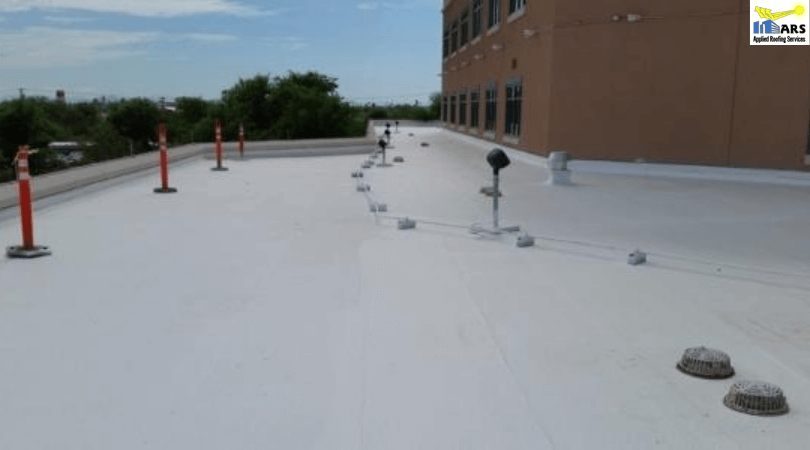


Roof coatings can help protect your roof from strong winds, heavy rains, hail, snow, and other severe weather conditions. So, it is essential to coat your roof with a water-resistant and durable architectural roof coating like an asphalt emulsion roof coating. This roof coating is compatible with other roofing membranes and coatings as well as easily applicable to existing roofs.
Bentonite clay, water, and asphalt are emulsified using a colloid mill to make asphalt emulsion. The emulsifying process breaks down the molecule size and produces a stable, waterproof compound. Asphalt emulsion is odorless, affordable, non-flammable, and non-fibrous. It effectively seals all seams and cracks in your existing roofing system, stabilizing the roof substrates.
An asphalt roof coating is mainly used as a waterproofing compound for:
If you have any of the above-mentioned roofing systems and are looking to extend its life indefinitely, an asphalt emulsion coating system can be used. However, your roof should be inspected by a roofing expert to determine whether it qualifies for an emulsion roof coating. Minor deck and moisture issues can be resolved, but if the entire roof is damaged or not structurally sound, then replacement may be your only option.
Here are some benefits of an asphalt emulsion system:
Before applying, ensure the temperature is not lower than 50 degrees Fahrenheit as water-based coatings should not freeze before the water content evaporates. Asphalt roof coating is elastomeric, so they perform well in fluctuating temperatures and hold up well in freeze-thaw areas.
To apply the coating:
Are you looking for the best commercial roofing company in California for asphalt emulsion roof coating? Contact Applied Roofing Services today at 714-632-8418 or get a quote online.